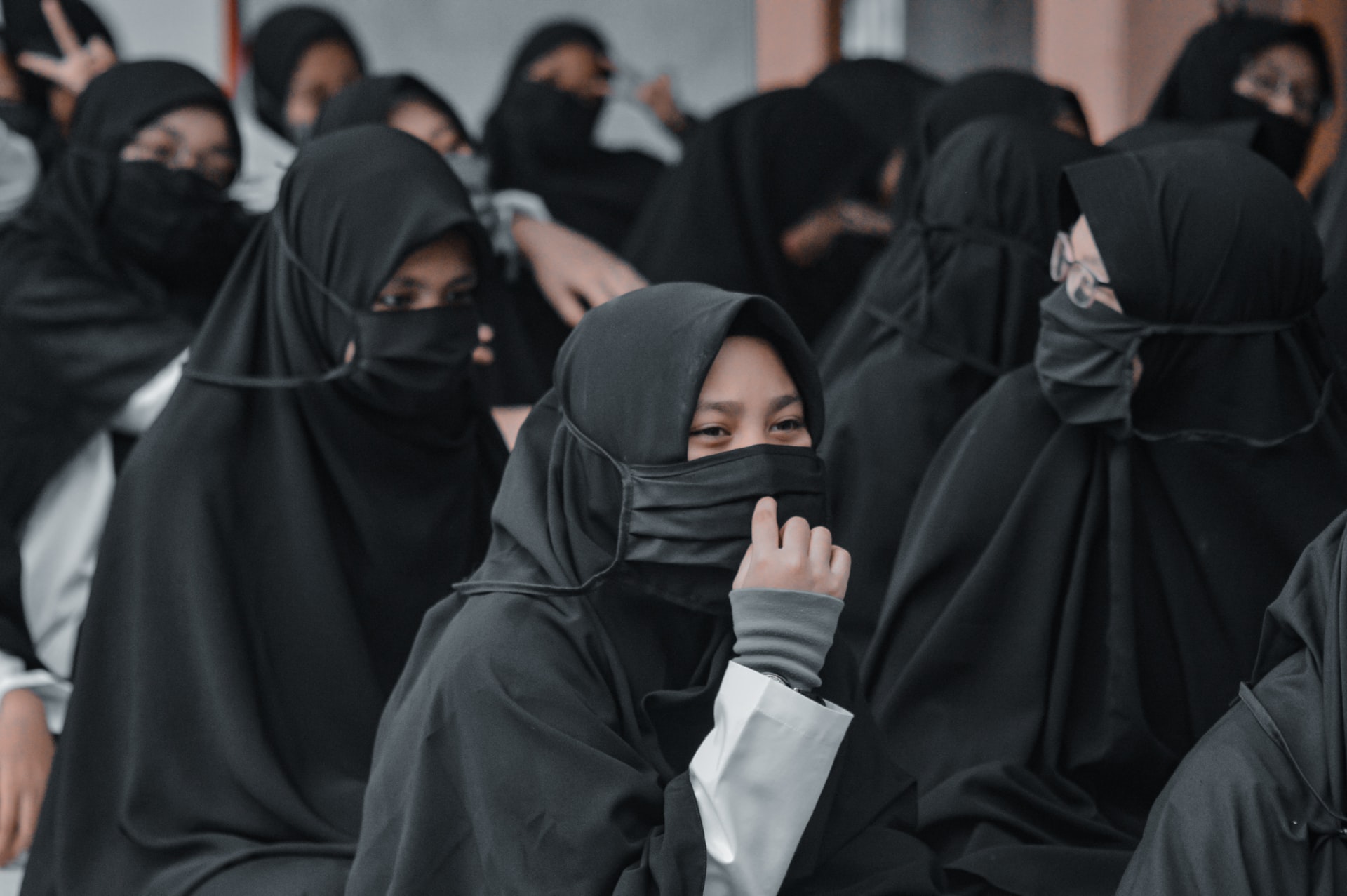
Apart from Hindu law, Muslim law, also known as Mohemmadan law, is another personal law that regulates the two major Muslim factions in India: Sunnis and Shias. It is challenging to pinpoint the issues that many people actually encounter, though, because it is not standardized and is therefore open to interpretation.
The current case is one that highlights the violence committed against women in the name of divorce, particularly “talaq-e-biddat” or “triple talaq.” By saying “talaq” three times in a row, a Muslim man can quickly file for divorce under this arrangement, as the name implies.
Triple Talaq: About
- The Hanafi Islamic school of law, which is mostly followed by the Muslim community in India, is the source of the practice of triple talaq.
- A Muslim male can divorce his wife by only saying “talaq” three times, but women are not allowed to pronounce triple talaq and must file for divorce in court in accordance with the 1937 Sharia Act.
- triple talaq punishment Presently: The maximum sentence for instant triple talaq is three years in prison and a fine. The spouse or a blood relative’s complaint to the police will be the only one taken seriously. The crime is not subject to bail; only a magistrate, not the police, has the authority to set bail. Only after the wife has been heard may bail be granted.
The Triple Talaq Case Study
triple talaq case facts:
- Thetriple talaq case name is Shayara Bano v Union of India (AIR 2017 9 SCC 1 (SC)). For fifteen years, Muslim Shayara Bano was married to Rizwan Ahmed.
- However, he used triple talaq to divorce her in 2016 without giving a cause. She responded by submitting a writ petition to the Supreme Court, arguing that polygamy and nikah halala, as well as talaq-e-biddat, violate women’s fundamental rights (Articles 14, 15, 21, 25).
- She was supported by women’s rights groups including Bhartiya Muslim Mahila Andolan and BEBAK Collective.
- The opposition, All India Muslim Personal Law, contended that divorce is a protected religious practice under the virtue of Article 25 of the Constitution and that, as a result, Muslim law is not codified and is not susceptible to judicial review.
- In 2017, the Court established a five-judge constitutional bench after accepting the petition of Shyara Bano. On May 11, 2017, the first hearing was placed, and on August 22, 2017, the case’s conclusion was made.
triple talaq case issues:
- Does Triple Talaq contradict any of the essential rights protected by the Indian Constitution?
- Does immediate Talaq, or talaq-e-biddat, fall under the category of Islamic fundamental practices?
Arguments by the Petitioner:
- Triple talaq was never recognized by the Shariat Application Act of 1937, according to Mr. Amit Chadha, who represented the petitioner.
- Additionally, the prophet did not support this kind of talaq. This talaq has no legal standing in the Quran and simply developed as a custom and incorrect interpretation.
- On the grounds that it violates Articles 14 and 15, he pleaded with the Court to outlaw this type of talaq, arguing that if it did, the Dissolution of Muslim Marriage Act of 1939 would apply to all members of the community, regardless of gender.
Arguments by the Respondent:
- Mr. Kapil Sibal, who was representing the respondents, contended that the Shariat Act establishes guidelines for decisions about matters of usage or custom rather than codifying Muslim personal law.
- Additionally, he said that Muslim law views marriage as a private agreement that is unassailable by the government.
- He drew attention to the Constitution’s concept of law, which expressly excludes personal laws.
triple talaq judgment:
- By a majority decision of 3:2, it was decided that the talaq-e-biddat ritual was illegal and “manifestly arbitrary”. Chief Justice Khehar and Justice Nazeer dissented, arguing that Parliament ought to have created laws to outlaw talaq-e-biddat because it was protected by the right to religion.
- According to Article 14 in conjunction with Article 13(1) of the Indian Constitution, Triple Talaq was deemed unconstitutional. The court found that the practice was illegal under the Muslim Personal Law (Shariat) Application Act, 1937 since it was a question of personal law. This offense carries a maximum 3-year prison sentence as punishment.
- The Supreme Court determined that Triple Talaq, also known as Talaq-e-bidat, is not a fundamental practice of Islam, it is not covered by the exception specified in Article 25.
Unquestionably, the landmark decision in the Shayara Bano case has paved the way for future legislative changes in the social and personal spheres and represents a step toward equality. This Shayara Bano case verdict addressed minorities and was a step toward secularism. The sooner the government and authorities recognize this, the faster the work will be completed and society will improve as a place to live.
For any latest news, judiciary exams notifications, patterns, etc watch Jyoti Judiciary’s YouTube channel for legal videos for any updates at https://youtube.com/@jyotijudiciarycoaching4852?si=2cwubh9d2A9urwJf









